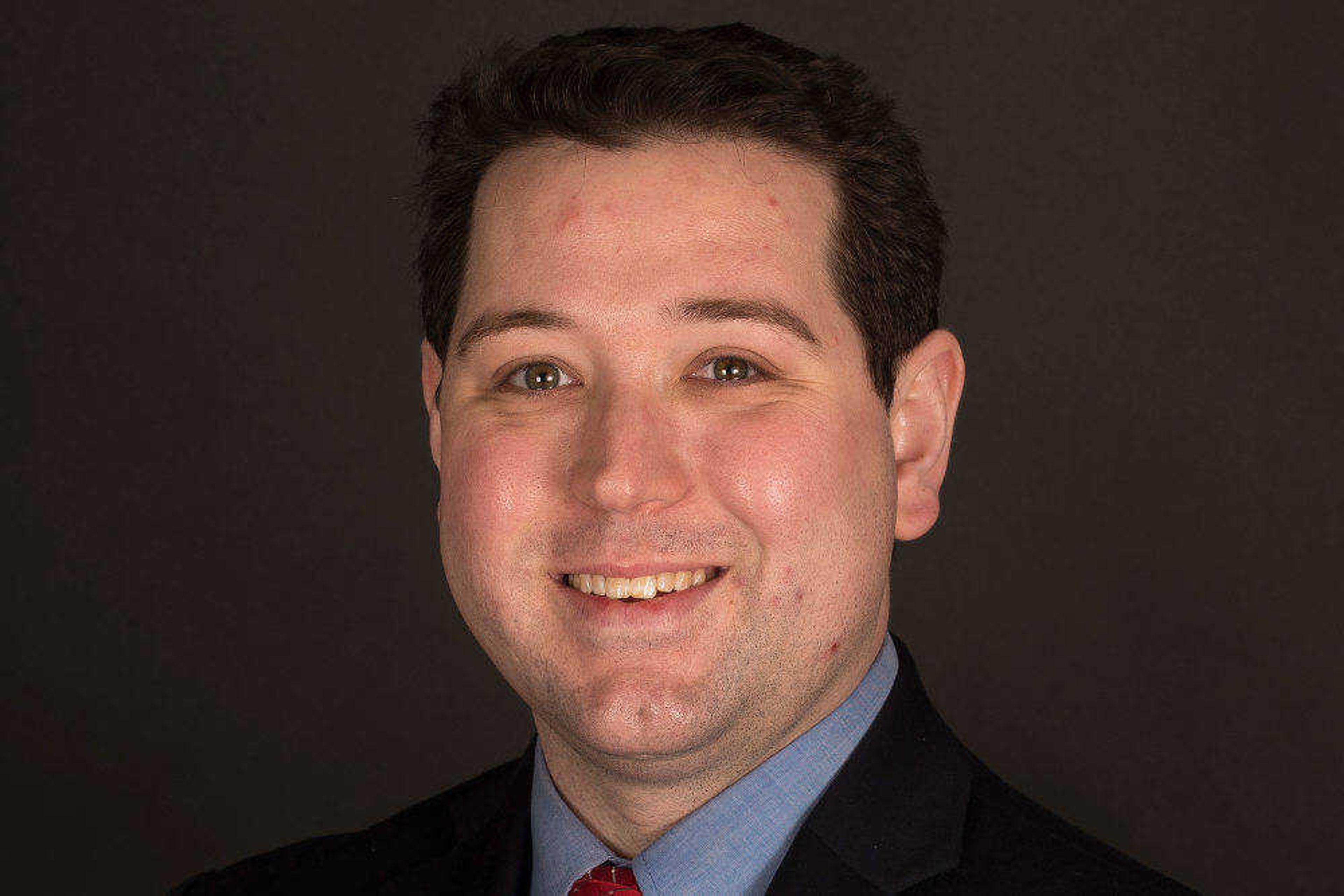Hawley is right to oppose Johnson Amendment
The Kansas City Star said Attorney General Josh Hawley was shilling for votes when he was recorded at a Family Research Council event saying the Johnson Amendment is "absolutely unconstitutional." The St. Louis Post-Dispatch wrote, "The Johnson Amendment has endured for more than six decades ... to keep the tax man's hand out of the church's coffers, in exchange for keeping religion out of our politics -- both of which are constitutionally valid and laudable goals."...
The Kansas City Star said Attorney General Josh Hawley was shilling for votes when he was recorded at a Family Research Council event saying the Johnson Amendment is "absolutely unconstitutional." The St. Louis Post-Dispatch wrote, "The Johnson Amendment has endured for more than six decades ... to keep the tax man's hand out of the church's coffers, in exchange for keeping religion out of our politics -- both of which are constitutionally valid and laudable goals."
Both editorials missed the point.
Government telling pastors what they can or cannot say from the pulpit is not constitutionally valid or laudable. It's a breach of free speech.
The Johnson amendment was added in 1954 by then-Sen. Lyndon B. Johnson to a congressional rewrite of the tax code.
Jim Galloway shared the amendment's interesting, if not curious start in his May 2017 blog for the Atlanta Journal Constitution. Johnson was worried, Galloway wrote, that Facts Forum, a tax-exempt anti-communist organization, would campaign against him, and thus he pushed for the amendment.
Though named for the Democrat Johnson, Republicans were complicit in the amendment, and the idea of muzzling pastors was not considered.
In today's environment, however, it's churches and pastors who are disproportionately affected. This is not a conservative or liberal issue. It's about protecting free speech.
A Pew Research Center study from 2016 noted only 14 percent of recent churchgoers said they heard members of the clergy talk in support or against a presidential candidate in the months before the survey. Among this group, it was not exclusively in support or against one party or candidate.
Regardless of whether a member of the clergy is conservative or liberal, they have a First Amendment right. Free speech and freedom of religion both fall under the First Amendment. They are not mutually exclusive.
The reality is that very few churches have had their nonprofit status challenged through the Johnson Amendment. However, pastors should not be fearful of the tax man when it comes to expressing their beliefs.
Our values inform our politics and policy. Values which are shaped for many Americans by faith.
Some make the "separation of church and state" argument. The statement, of course, comes not from our Declaration of Independence or Constitution but from a letter Thomas Jefferson wrote to the Dannburry Baptists Association.
"Believing with you that religion is a matter which lies solely between Man & his God, that he owes account to none other for his faith or his worship, that the legitimate powers of government reach actions only, and not opinions, I contemplate with sovereign reverence that act of the whole American people which declared that their legislature should 'make no law respecting an establishment of religion, or prohibiting the free exercise thereof,' thus building a wall of separation between Church and State," Jefferson wrote.
The letter was meant to assure them that their religious beliefs would not be prohibited. Most people of faith realize that religion is not a Sunday morning box. It guides us in how we live our lives. And yes, how we vote.
In no way was this intended to silence anyone. The Johnson Amendment does just that, all with the burden that a church's nonprofit status may be revoked if they dare talk politics.
The truth is that religion has not encroached on politics, but politics has crossed the line with religion.
Some argue that repealing the Johnson Amendment would clear the way for more "dark money" in politics. However, as Don Hinkle, editor of The Pathway, wrote on Sept. 11, there is a solution with the Free Speech Fairness Act.
"The bill is designed to restore the First Amendment freedom of speech to pastors and other 501(c)3 organizations' leaders, while ensuring churches and other non-profits do not become about 'dark money' or transition into political action committees," Hinkle wrote. "The Act is about freedom of speech. It does not allow 501(c)3 organizations to purchase political campaign ads, or to otherwise create a cash flow of 'dark money' for politicians."
Josh Hawley is absolutely right to support the repeal of the Johnson Amendment. And it shouldn't be a conservative or liberal issue. It's about free speech.
Lucas Presson is the assistant publisher of the Southeast Missourian.
Connect with the Southeast Missourian Newsroom:
For corrections to this story or other insights for the editor, click here. To submit a letter to the editor, click here. To learn about the Southeast Missourian’s AI Policy, click here.











